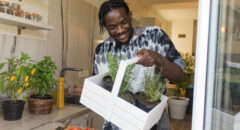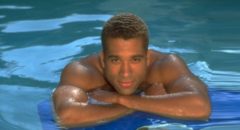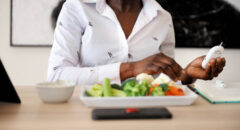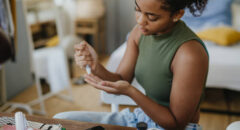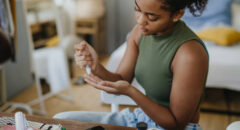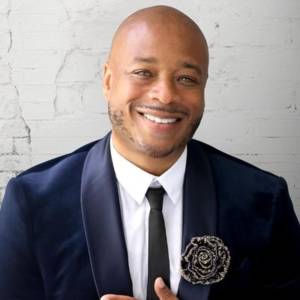 1.5 million Americans are diagnosed with diabetes every year. Leading the race is 15.1% of American Indians/Alaskan Natives and falling close behind is 12.7% of Blacks. Charles Mattocks is included with that 12.7%. As the nephew of Bob Marley, Charles knew that he had a legacy to fulfill. Diagnosed with type 2 diabetes, Charles saw a need to not only educate and save his own life but the lives of others who also needed a voice. Over the past few years, Charles has become a major advocate for diabetes and other pressing conditions. He’s also a published author with the American Diabetes Association and has been named a Blue Circle Champion for the International Diabetes Association.
1.5 million Americans are diagnosed with diabetes every year. Leading the race is 15.1% of American Indians/Alaskan Natives and falling close behind is 12.7% of Blacks. Charles Mattocks is included with that 12.7%. As the nephew of Bob Marley, Charles knew that he had a legacy to fulfill. Diagnosed with type 2 diabetes, Charles saw a need to not only educate and save his own life but the lives of others who also needed a voice. Over the past few years, Charles has become a major advocate for diabetes and other pressing conditions. He’s also a published author with the American Diabetes Association and has been named a Blue Circle Champion for the International Diabetes Association.
Going on to create and direct the first ever diabetes reality docu-series, Reversed, in which Season 2 set to premiere Summer 2019, his production company has taken a focus on producing captivating films and tv series based on health and wellness.
Here’s more about the show and his personal journey with diabetes:
BlackDoctor.org (BDO): Tell me about your first thoughts when you personally were diagnosed with type 2 diabetes and how it’s gone on the shape your career today?
Charles Mattocks (CM): Well, it was something that was terrifying. I think that is one of the reasons that took me on this whole diabetes advocacy and diabetes journey. Because I thought a lot of people are like me. I was initially diagnosed with type 2 diabetes by a weekend doctor and he wanted to


